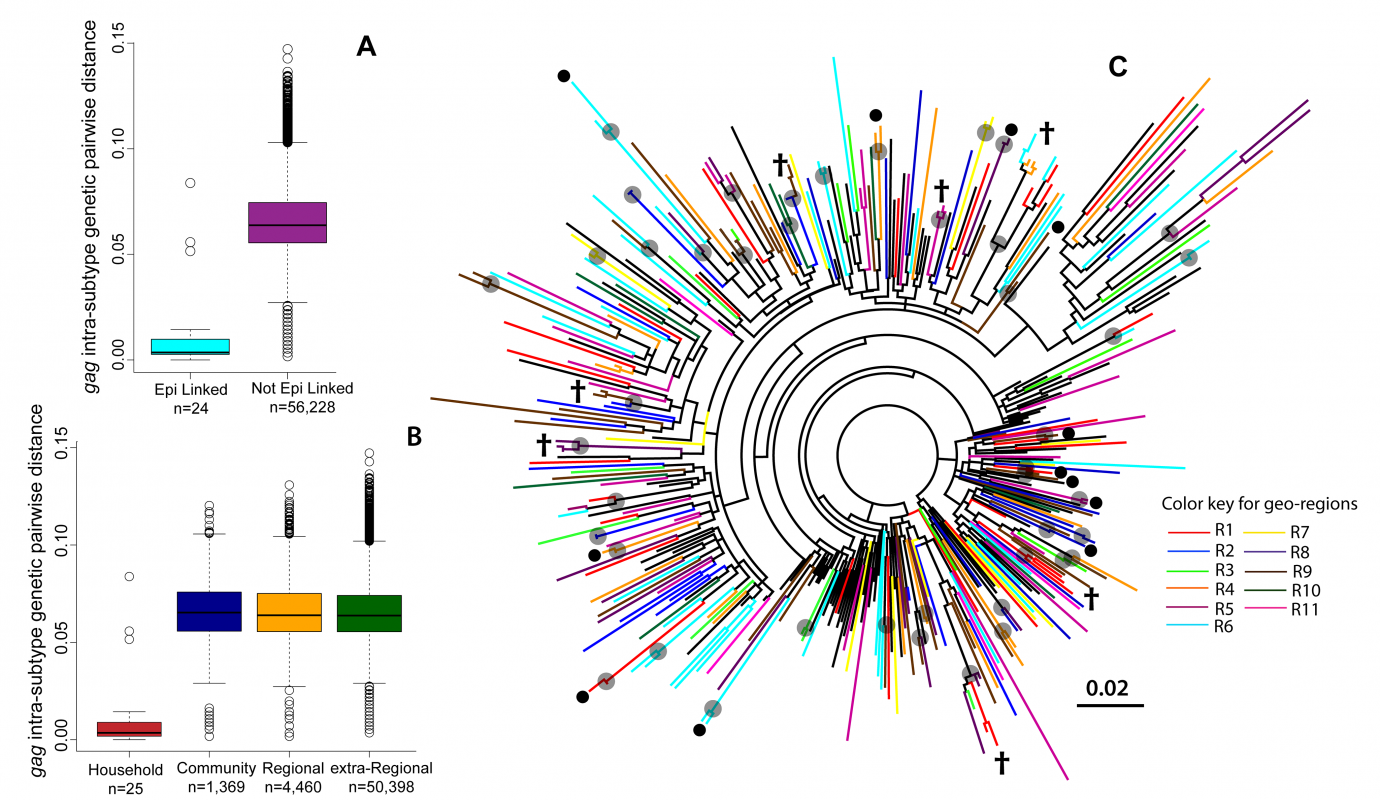While the effort to modify Alzheimer disease pathology by reducing the production of beta amyloid protein has largely been ineffective, there is a range of evidence that a widely used class of antihypertensive drug could provide a surprising benefit.
Calcium antagonists are some of the most widely prescribed drugs for controlling blood pressure currently on the market, where they have been used for over 30 years. They include a heterogeneous range of chemical types, from the dihydropyridines like nitrendipine to the structurally different diltiazem and verapamil classes. Amongst the various types of calcium channel, these drugs are selective for the L-type or Ca(v)1.2 channel.
Looking at the central beta amyloid hypothesis, studies have shown that Ca(v)1.2 channel blockers in vitro attenuates beta amyloid oligomer toxicity by suppressing calcium influx into cytoplasm and by suppressing Ca(v)1.2 expression. These studies have been extended into in vivo models, using triple transgenic animals, where calcium blockers of the dihydropyridine subtype are able to cross the blood brain barrier and exert pharmacologically significant effects.
But most interestingly, analysis of elderly patients who have been prescribed these drugs for treatment of high blood pressure have shown better performance in memory tests compared to other types of antihypertensive drugs. Clearly this is an area that deserves further exporation.

